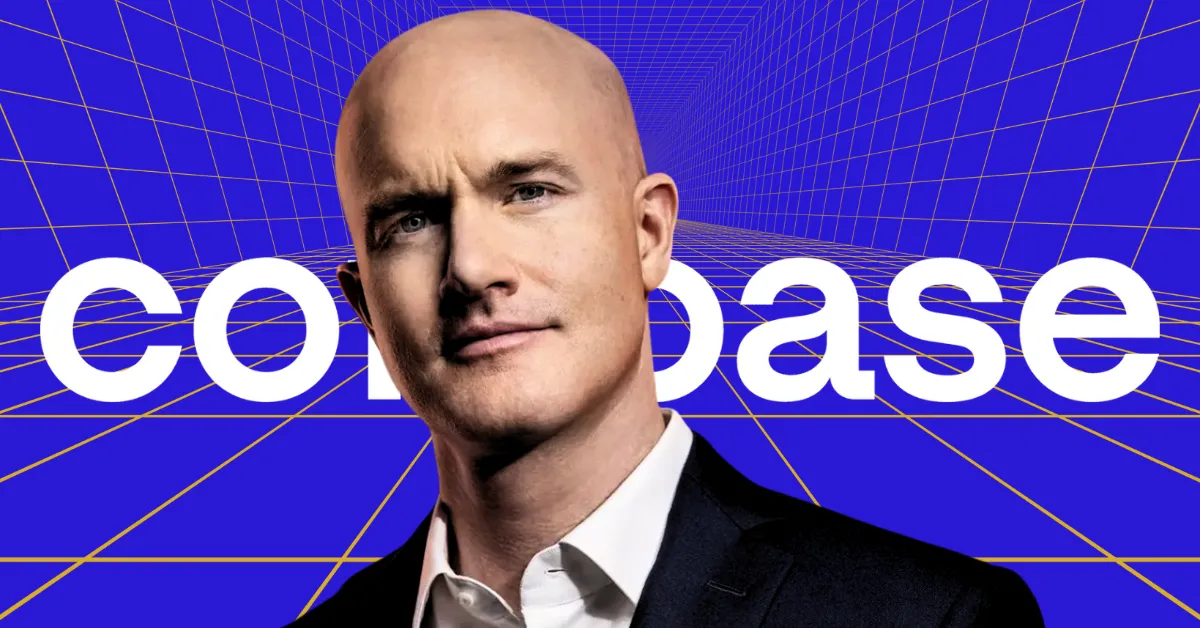
Brian Armstrong, CEO of Coinbase, believes that all assets will eventually move onto the blockchain.
According to him, this shift could make financial transactions faster, cheaper, and more efficient, and would transform the entire financial system. He notes that the shift will be gradual, with bigger companies leading the way, using blockchain to raise capital. And over time, other companies will follow.
Coinbase recently launched DEX trading, letting users trade millions of on-chain assets directly from the app. New tokens become available moments after creation, making it faster than ever to access emerging projects.
Select U.S users can trade Base-native tokens from projects like Virtuals AI Agents, Reserve Protocol DTFs, SoSo Value Indices, Auki Labs, and Super Champs. Coinbase will add new assets in batches, gradually covering the full Base ecosystem.
It plans to add more networks, assets, and countries soon, giving traders faster access to new tokens and helping creators reach millions.
This comes after Brian announced that Coinbase aims to be the “everything exchange.” His plan includes offering all assets in one place, DEX integration for millions of assets, expanded derivatives, and tokenized equities soon.
Armstrong has also said that the platform plans to become thetop financial services app globally within 5–10 years, as crypto increasingly integrates with traditional finance. He sees a future where all asset classes, money market funds, real estate, securities, and debt, move on-chain.
Coinbase now offers more than trading, including stablecoin payments, staking, rewards, and custody for institutions. Armstrong says banks will adopt more crypto solutions, and Coinbase plans to support them.
Coinbase is also expanding beyond crypto to let users trade tokenized stocks, derivatives, prediction markets, and new token sales. The U.S. rollout comes first, with international access later.
Wall Street giants are also exploring how traditional markets can go on-chain.
Recently,JP Morgan executives met with the crypto task force to discuss how capital market instruments could move on-chain and what regulatory steps might be needed. They explored which parts of the current system could change and how firms can assess the risks and benefits of going on-chain.
The discussion also focused on JPMorgan’s existing crypto operations, including its digital platform for repurchase agreements. The bank is looking for ways to stay competitive as more financial institutions explore blockchain for faster, cheaper transactions and tokenized assets, a trend that is gaining traction across the industry.
Paris, France - February 25, 2026 Trakx announced that its Crypto Tradable Indices (CTIs) are…
Hong Kong (HK) is preparing to issue its first stablecoin licenses in March, marking a…
Story Highlights The FET price today is . Artificial Superintelligence Alliance's price could hit a…
Story Highlights The live price of Kava crypto is . In 2026, KAVA could attempt…
India’s Delhi High Court has refused to regulate cryptocurrency exchanges in India, making it clear…
The debate around Bitcoin’s long-term outlook is intensifying once again. While some investors view the…